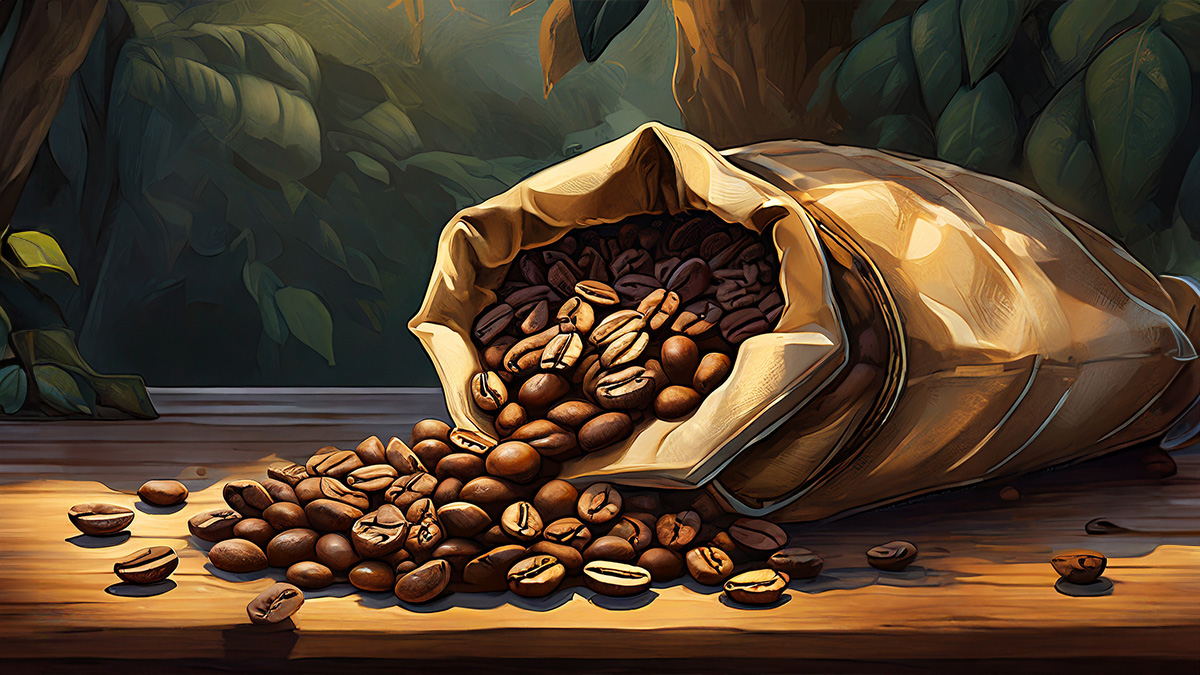Finding a reliable, yet affordable tea and coffee supplier plays a crucial role in the success of many businesses, especially in the food and hospitality industry.
With the global tea and coffee market expanding rapidly, the availability of suppliers is vast; however, gauging the balance between cost and quality can be a challenging task. Quality tea and coffee can significantly enhance the customer experience, build brand loyalty, and influence repeat business. Conversely, subpar quality can lead to customer dissatisfaction and potential loss of business. This guide aims to provide insightful information on how to find a good and affordable tea and coffee supplier – a choice that could be a game-changer for your business.
Research Various Suppliers
Start by conducting extensive research on potential suppliers. Consider local, national, and international suppliers, as each can offer unique benefits. Local suppliers may provide a personal touch and fast delivery, while international suppliers may offer a wider variety of blends and potentially lower prices due to bulk sourcing. Finding a tea and coffee company that aligns with your business goals and values is crucial. Read online reviews, request samples, and gather quotes from multiple suppliers to make an informed decision. Moreover, don’t hesitate to ask for references from their existing clients to gauge the quality of their products and services. For instance, a supplier may offer competitive prices, but their customer service and delivery times may not meet your standards.

Quality Evaluation
Request samples from the suppliers you shortlist. This allows you to assess the quality of their products before making a commitment. Prepare the tea and coffee as you would for your customers and taste them. Consider the aroma, flavor, and overall experience. Evaluate if the quality is consistent throughout different batches and blends. Don’t be afraid to ask questions about their sourcing, grading, and packaging processes – a reliable supplier will have nothing to hide. Furthermore, consider their certifications and sustainability practices, as these can be a crucial factor for some customers. In addition, ensure that their products adhere to all food safety and quality standards.
Price Analysis
Compare the prices of different suppliers. Keep in mind that while affordability is key, it should not compromise the quality of the products. Consider the cost of the goods themselves, as well as any shipping or handling fees. Some suppliers may offer discounts or incentives for bulk orders, so be sure to inquire about these as well. Additionally, transparency is essential when it comes to pricing – make sure there are no hidden fees or charges. It’s also worth considering the payment terms and options offered by each supplier. In some cases, paying a higher upfront cost for quality tea and coffee may prove to be more cost-effective in the long run. For example, a supplier may offer discounts for early or on-time payments, resulting in overall cost savings.
Check the Supplier’s Reliability
Look at the supplier’s track record. Do they consistently meet delivery dates? Are their products consistently high quality? Seek out reviews and testimonials from other businesses they supply to. Additionally, inquire about their inventory management and replenishment processes. A reliable supplier will have a system in place to ensure that they can meet your business’s demands even during high-volume periods. If a supplier has a history of inconsistent delivery or quality issues, it may be best to steer clear. More importantly, communicate your expectations and delivery deadlines clearly to avoid any misunderstandings.
Evaluate Customer Service
Good customer service is essential. You want a supplier who is responsive, helpful, and easy to communicate with. This becomes particularly important if issues arise. A supplier who is willing to go the extra mile for their clients can make a significant difference in your business’s success. Inquire about their customer service policies, hours of operation, and channels of communication. If possible, test out the customer service experience by asking some questions before making your decision. Mostly, trust your instincts – if you feel like the supplier is not attentive or lacks professionalism, they may not be the right fit for your business.
Sustainability Practices
In today’s conscious consumer market, it’s beneficial to partner with suppliers who practice sustainable sourcing. This can boost your brand’s image and appeal to eco-conscious customers. Ask potential suppliers about their environmental initiatives and any certifications they may have, such as Fairtrade or Rainforest Alliance. In addition to being ethical, sustainable practices can also result in better-quality products. If a supplier is not transparent about their sustainability efforts, it may be worth considering other options.
Finding a good and affordable tea and coffee supplier involves thorough research, quality evaluation, price analysis, reliability check, customer service evaluation, and sustainability assessment. It’s a process that requires time, effort, and careful consideration to ensure the best outcome for your business.
Remember to prioritize quality without compromising on affordability, as this can ultimately lead to long-term success. With this guide, you are now equipped with valuable insights to make an informed decision when it comes to choosing the right tea and coffee supplier for your business.
Global customers rely Bloomberg Sources to deliver accurate, real-time business and market-moving information that helps them make critical financial decisions please contact: michael@bloombergsources.com
